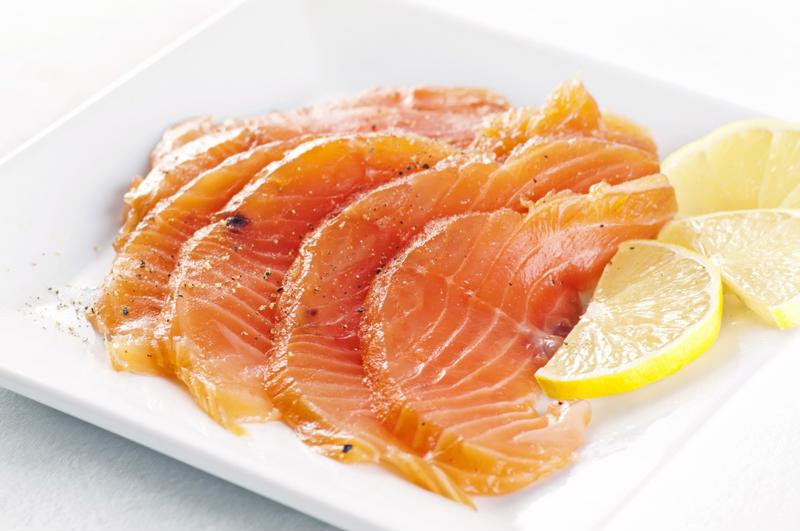There is no such thing as a shortcut when it comes to maintaining your good health, never mind improving it.
When it comes to improving your health, you may be inclined to look for a quick fix, but the reality is it doesn't exist.
Through a combination of diet and exercise, wellness requires commitment and a certain amount of dedication that diet pills can't replicate. Canada is one of the healthier countries in the world in comparison to others. Yet, 58 per cent of us are either overweight or live with someone who is.
Fortunately, there are lots of options available to help you improve your health. According to the Global Wellness Institute, nutrition and weight loss is a $700 billion industry, and the wellness industry overall has grown 13 per cent in the last two years.
So, it raises the question: What health plan is the best? It's hard to definitively state one above all else, given health needs vary from person to person. But if you've heard of the Mediterranean Diet, it just might be what you've been looking for!
What Is the Mediterranean Diet?
The Mediterranean Diet consists of whole grains, fruits, vegetables, beans, herbs like oregano and basil as well as lean sources of protein, primarily fish. The Mediterranean name is derived from the region of the world where these types of foods are most commonly used, grown and found.
While poultry products like turkey and chicken can be part of a balanced diet, Mediterranean dieters are advised to eat them sparingly. The same goes for red meat.
 If you like fish, you'll love the Mediterranean Diet.
If you like fish, you'll love the Mediterranean Diet.
What Can't You Eat?
The Mediterranean Diet is similar to most other nutrition plans, in that it discourages highly refined and processed foods, such as deli meats, white flour, pastries and other foods loaded with sugar. These foods are heavy in empty calories, which are more likely to be stored as fat. Of course, some fat is good, in fact it's important, but excessive amounts can cause various health problems including elevated LDL cholesterol levels, hypertension or type II diabetes.
Millions of people around the world have found success with the Mediterranean Diet because it's fairly straightforward and – perhaps above all else – it works. So, what does the typical Mediterranean meal look like? Here's a classic example:
- Breakfast: Greek yogurt with strawberry and oats added in for taste and texture.
- Lunch: Tuna salad (with mayonnaise) on whole wheat pita bread.
- Dinner: Broiled salmon with brown rice and steamed vegetables.
Portion control is important, so speaking with a nutritionist to get a better sense of serving size may be helpful, depending on your health goals.
Whether you're looking to get in shape for beach season or have more long-term health goals in mind, the Mediterranean Diet can help you succeed. Plus, dozens of restaurants throughout Canada have Mediterranean-friendly meal options available so you can stay on the right course when ordering the main course.